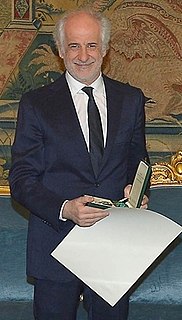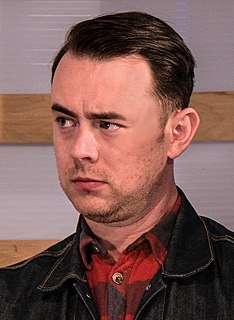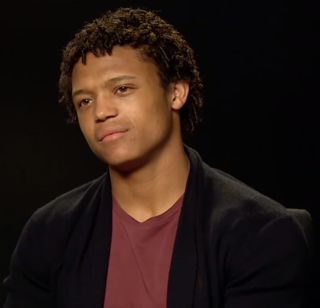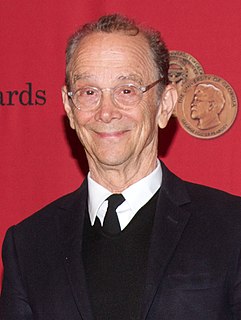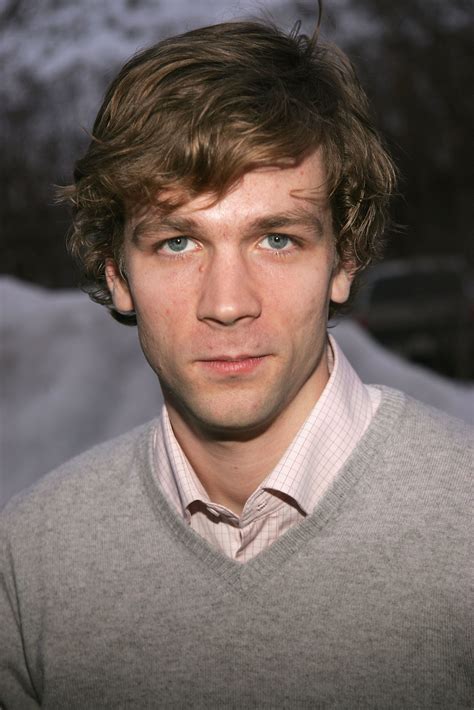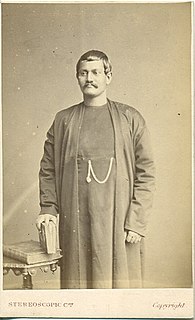A Quote by Toni Servillo
A solid theatrical education can only improve a screen performance. It gives you a fuller capacity to read a script and understand a character, for one thing. It's important to alternate between the two activities.
Related Quotes
In the time between when you first read a script and are offered the role and the time when you begin to shoot, I really love putting in the time and work on that and getting a solid backstory to a character and researching all that I can about what that person does for a vocation or their upbringing or where they're from.
